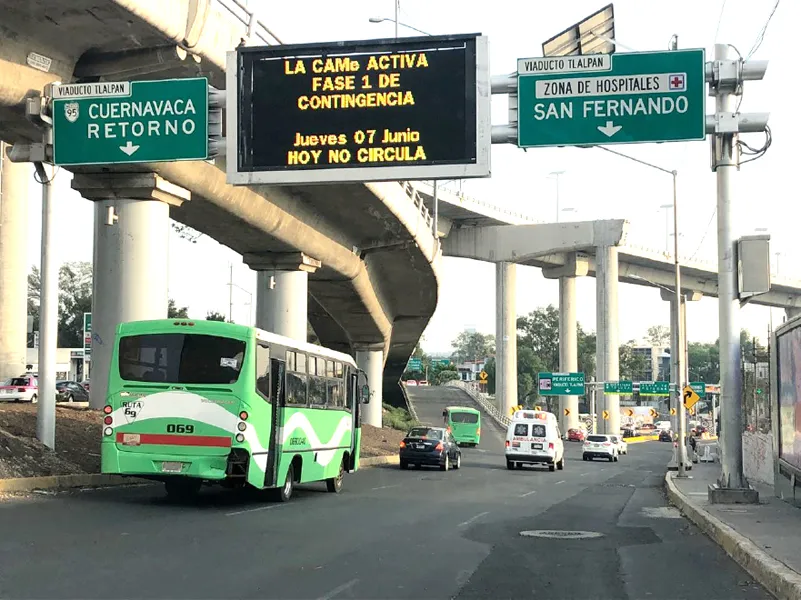The Road and Transport Authority (RTA) of Dubai has approved the expansion of its smart traffic systems project valued at د.إ 590 million (£125m).
RTA says the initiative also includes the development of a control centre for traffic management in the Al Barsha area to help manage bottlenecks.
The project’s initial package includes the installation of traffic monitoring systems and information gathering, including the installation of cameras, vehicle detectors, Bluetooth devices and weather sensors.
The second package, a dynamic messaging system, covers the implementation of 112 signs that provide real-time information to drivers on road conditions.
Thirdly, infrastructure related to the project such as civil works, fibre-optic lines and power and a distribution network will be implemented.
The fourth package entails an advanced traffic management system which is expected to support decision making and integrate with field equipment and other centres.
Al Tayer, director general and chairman of the board of directors at RTA, says the final phase includes the implementation of the control centre to accommodate the expected increase in new and future smart traffic systems. It will feature systems in the control room which are easy to use.
Dubai invests £125m in expanding smart traffic systems
The Road and Transport Authority (RTA) of Dubai has approved the expansion of its smart traffic systems project valued at د.إ 590 million (£125m).
RTA says the initiative also includes the development of a control centre for traffic management in the Al Barsha area to help manage bottlenecks.
The project’s initial package includes the installation of traffic monitoring systems and information gathering, including the installation of cameras, vehicle detectors, Bluetooth devices and weather sensors.
November 21, 2018
Read time: 2 mins










